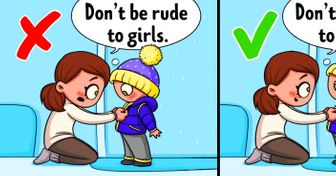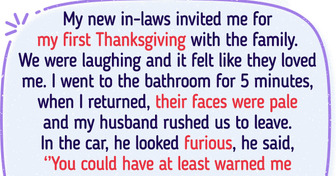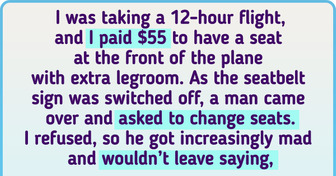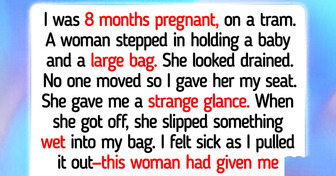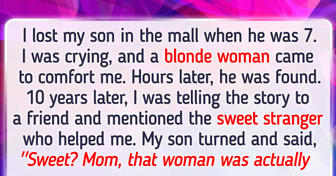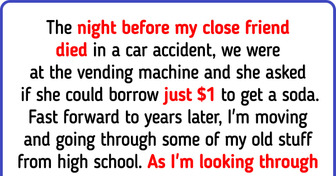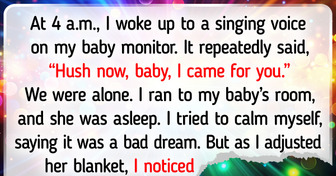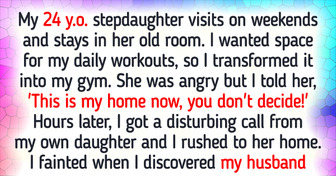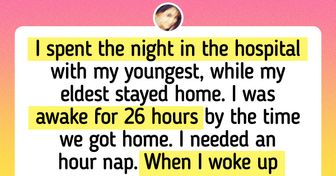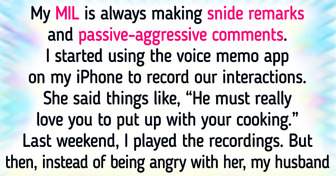18 Girls Whose Spontaneity Is Borderline Genius
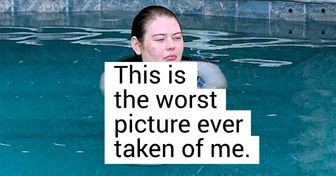
We all want to do what we can to improve and help the world. But maybe we don’t realize that the little things in our daily lives, like our shopping habits, can have a huge impact — and help us be healthier too. Anything from where we shop, the produce we buy, and what we do with unwanted items can be turned around to benefit the earth.
We at Bright Side wanted to share these ideas for little things you can try to make the world a better place.
We know that online shopping can be convenient, but what we don’t realize is that often, products we return end up going straight to landfills. Research says online items are 3 times more likely to be returned than purchases in-store. And brands are known for destroying millions of returned items, instead of reselling them. So avoid the temptation to buy multiple sizes and send back what doesn’t fit, and instead take the time to go out shopping and try on the items in store.
Rather than returning items you don’t want, try to think of other things you could do with them. Perhaps you have a friend or family member who would love what you bought? This is a great opportunity to gift it to them. Otherwise, you can always donate your unnecessary products to local organizations who need clothes or beauty products, like charities.
The more we buy, the more we throw away. To make room for things we buy with discounts, we are more likely to throw away older items, which end up in landfills and harm the environment. Also, shopping during sales is more likely to result in you sending items back. So you may think buying at a discount is better, but more often than not, it’s actually a waste.
The fashion industry produces 10% of humanity’s carbon emissions. But when you purchase second-hand items, fewer resources are needed, and it doesn’t contribute to the fashion industry’s harm to the planet. And buying from charity shops and second-hand stores can contribute to important causes, while you get stylish products at the same time!
This is a small but really impactful change that can make the world a better place while also improving your health. Shopping for food locally as much as possible will support the local farmers and businesses in your area and improve your and your family’s nutrition at the same time, as local food is more likely to be all-natural. Also, produce grown nearby isn’t bad for the environment, while shipping groceries from far away emits more harmful gases.
Also, you can buy organic anything from local markets and businesses — from food to toiletries and cleaners. These are safer as they aren’t made of strong chemicals. But they also show retailers that you are interested in eco-friendly products so that they will stock more of them in the future.
Reusable grocery bags and tote bags are very environmentally friendly! Instead of using plastic or paper bags, you can bring bags with you to the store and use them to carry your items.
It takes 15-1,000 years for the average plastic bag to decompose, and they end up in landfills. So this small act of taking your own bags to the store makes a big difference. In fact, 32 countries around the world have already banned plastic bags to encourage this behavior.
We know that online shopping is popular because it’s very convenient. But the shipping and packaging for online stores can harm the environment.
So, you could try to order in bulk once a week, instead of purchasing each time you need one thing. This allows less packaging to be used and only one trip for delivery. It’s an extra step, but truly makes the world a better place!
Marketing uses tricks to encourage us to buy stuff on impulse and overspend. We know that it isn’t easy to simply stop doing this. But maybe you can try to take a moment before you click that “buy now” button.
Ask yourself some questions:
You could even decide to leave something in your basket for 24 hours before purchasing it — if you still want to buy it a day later, go ahead. This not only saves you money, but reduces waste from impulse buys that you will later want to return.
High-quality fabrics mean you can wear something over and over again, and it will last for years. This is positive since you don’t need to buy so many new, fast fashion items. Natural fabrics like cotton are not only breathable and comfortable, but they are biodegradable.
However, synthetic fabrics take up to 1,000 years to decompose, use chemicals to make (which can end up in the water supply), and leave behind microplastics that get into the water when washed and end up in oceans.
There are other eco-friendly options to consider before getting rid of old clothes. You could try your hand at repairing them. You can also upcycle them — that is, use them to make something else that you can use. For example, old clothes can become washcloths, pillowcases, tote bags, or reusable gift wrap.
There are so many videos online on how to recycle your old clothes and turn them into something amazing.
Washing machines use a lot of water and produce a lot of carbon dioxide, which is not good for the earth. But they are necessary, as we all need clean clothes! What you can do is avoid doing laundry for a little longer. For example, you should wash your jeans after 6 weeks (and often more washing will wear them out faster), and you can wash sweaters after 2 to 5 wears.
Do you do any of these things? What do you do to contribute to positive changes in the world? Let us know in the comments.


